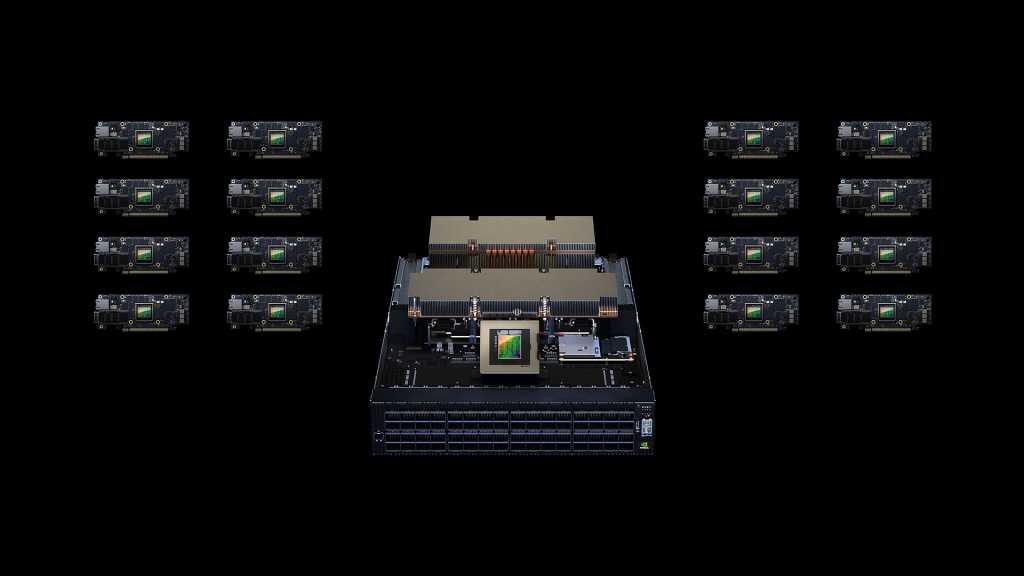
Essedum simplifies this entire workflow by providing a unified and comprehensive framework that contains all the necessary components in one place. Specifically, he noted that it offers networking teams:
- Easy access to AI building blocks: Essedum makes it simple to access and integrate the different layers required to build AI applications for networking. This includes tools for data sharing and preprocessing, domain-specific AI models, and a framework for building the applications themselves. This structured approach eliminates the need for teams to source, validate, and integrate these components individually.
- Reduced development time: By providing a ready-made platform with pre-built tools and libraries, Essedum significantly shortens the time to develop AI-powered solutions. Teams can focus on the specific networking problem they want to solve rather than on the foundational engineering work. This accelerates innovation and allows teams to deliver value more quickly.
“With Essedum, networking teams can now build and deploy AI applications for networking much faster and more easily than before,” Haiby said.
Production-ready sandbox environment demonstrates deployment viability
Beyond the code release itself, LF Networking has deployed Essedum in a fully operational developer sandbox environment through partnership with the University of New Hampshire Interoperability lab.
“Building on the initial code drop, our next priority was to ensure the code is not just available, but also functional in a real-world setting,” Haiby said. “I’m pleased to report that the code was successfully deployed and is now fully operational in a developer sandbox environment.”
The sandbox provides developers with hands-on access to test the platform’s capabilities in realistic scenarios while demonstrating the platform’s production readiness and deployment reliability across different infrastructure configurations.
The operational sandbox also serves as a validation environment for the platform’s multi-cloud deployment capabilities. The deployment demonstrates that Essedum can function effectively across different infrastructure environments while maintaining consistent performance and functionality characteristics that networking teams require for production deployment scenarios.




















